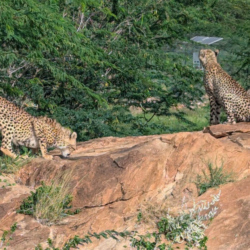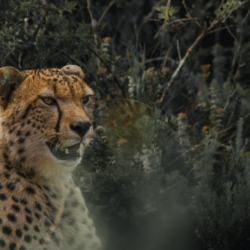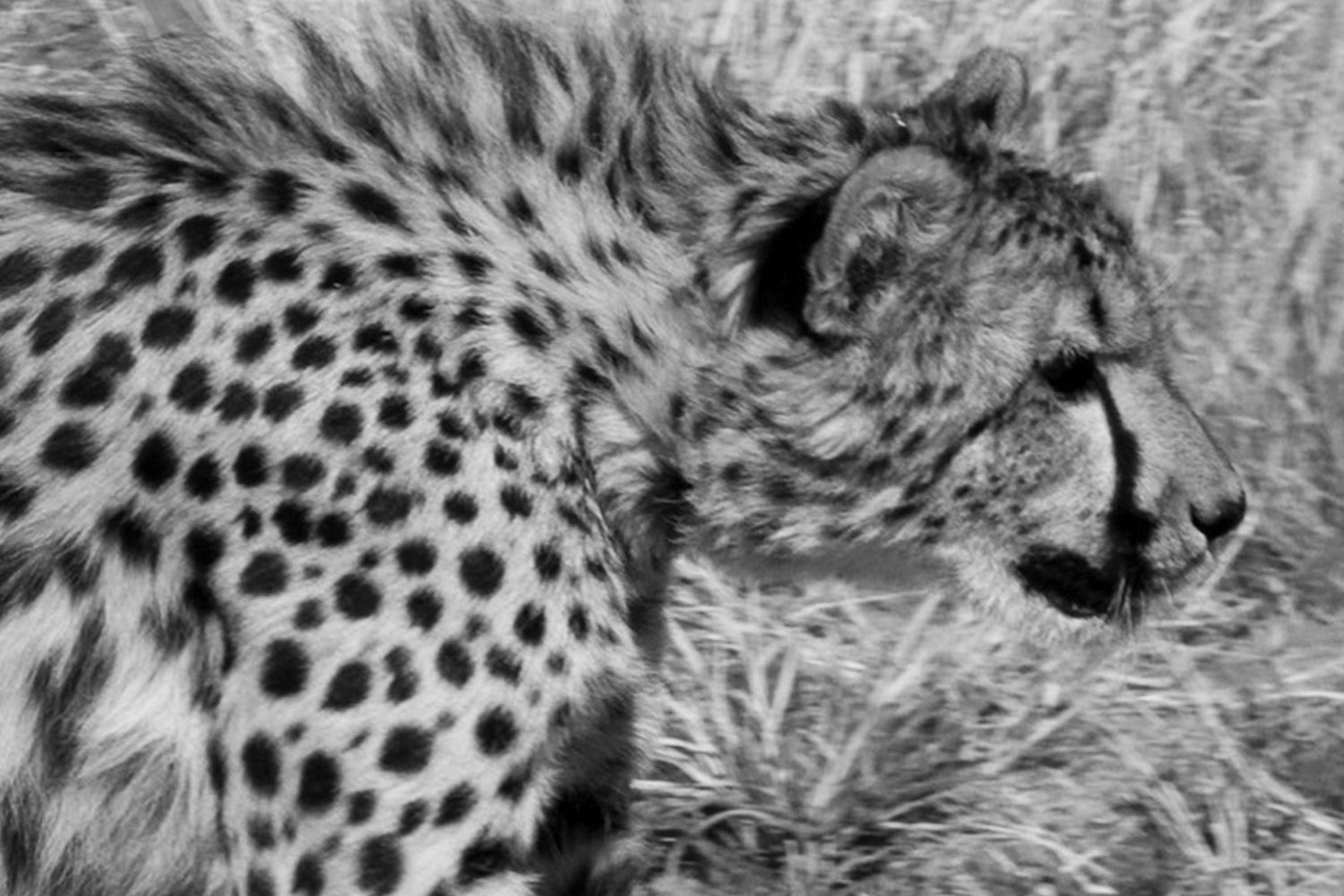Poop sniffing dogs helping to conserve cheetahs
-

- by 14 July 2023
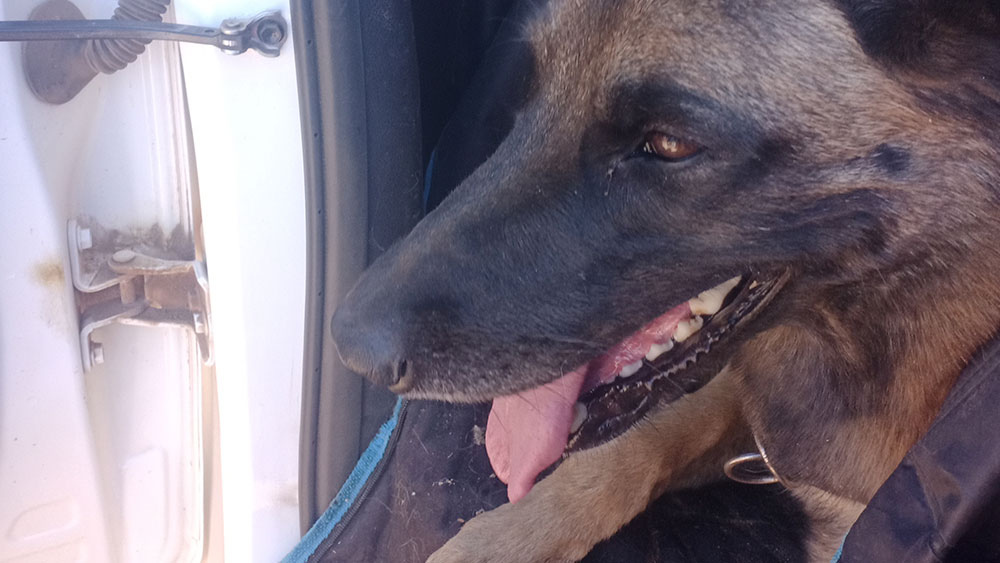
Dogs have helped humans in numerous different ways for thousands of years – from guarding livestock against predators and providing companionship, to rescuing people from danger and fighting crime – there is little that our canine friends cannot do. AND today, they are working with Cheetah Conservation Fund (CCF) to help conserve wild cheetahs in a slightly more unusual way… Intrigued? Well, meet Enya the Scat Dog and let us tell you more about her vital role.
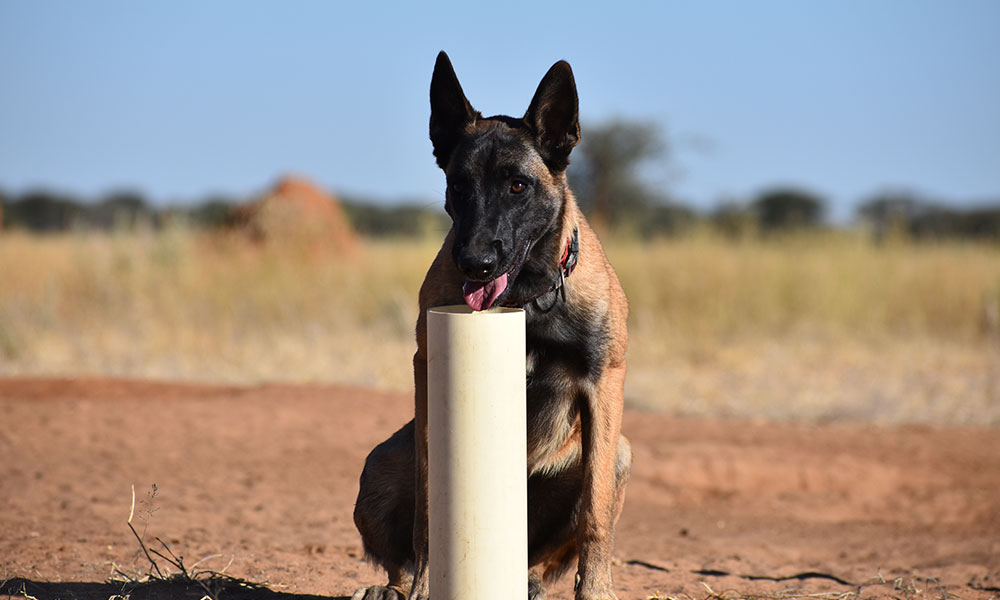
This relatively new role for dogs relies on their detection abilities. But instead of looking for bombs or narcotics, we train them to look for predator poop (known to researchers as ‘scat’). You heard that right, dogs sniffing for poop/scat can help carnivore conservation! Let us explain.


CCF are engaged in the research and development of non-invasive census techniques, so that better conservation decisions can be made without handling any cheetahs or other predators.
Like most other carnivore researchers worldwide, CCF deploys camera traps and social science surveys to determine population demography and density in a non-invasive manner. Going beyond these methods, CCF is pioneering the use of scat detection dogs to help study cheetahs. The scat found by these dogs can provide species and gender identification, insights on reproduction and health, and be used to determine a predator’s diet, which is vital information to evaluate human-wildlife conflict situations.

Dogs like Enya can smell much better than we can, and they can smell things that humans cannot see. Dogs have 200 million scent receptors in their noses – over 13 times more than in the human nose. In field conditions, a trained dog can detect a scat sample from between 10 to 20 metres away, a distance at which human researchers would almost certainly fail.
What do we do with the poop?
The key part of this process is extracting DNA from the scat. DNA material is used to confirm species, identify individuals, and determine sex. CCF uses the cheetahs’ scat as a part of a census technique to determine the presence of cheetahs in the study area and to learn more about these individuals, their relatedness and behaviour, and population structure.
Enya and our canine colleagues are helping us gain insights into the cheetah population without disturbing the big cats as they go about their daily lives. By combining her amazing detection abilities with the latest techniques in DNA analysis, camera trapping and social science surveys, we will continuously improve our understanding of cheetah populations in Namibia and other countries.
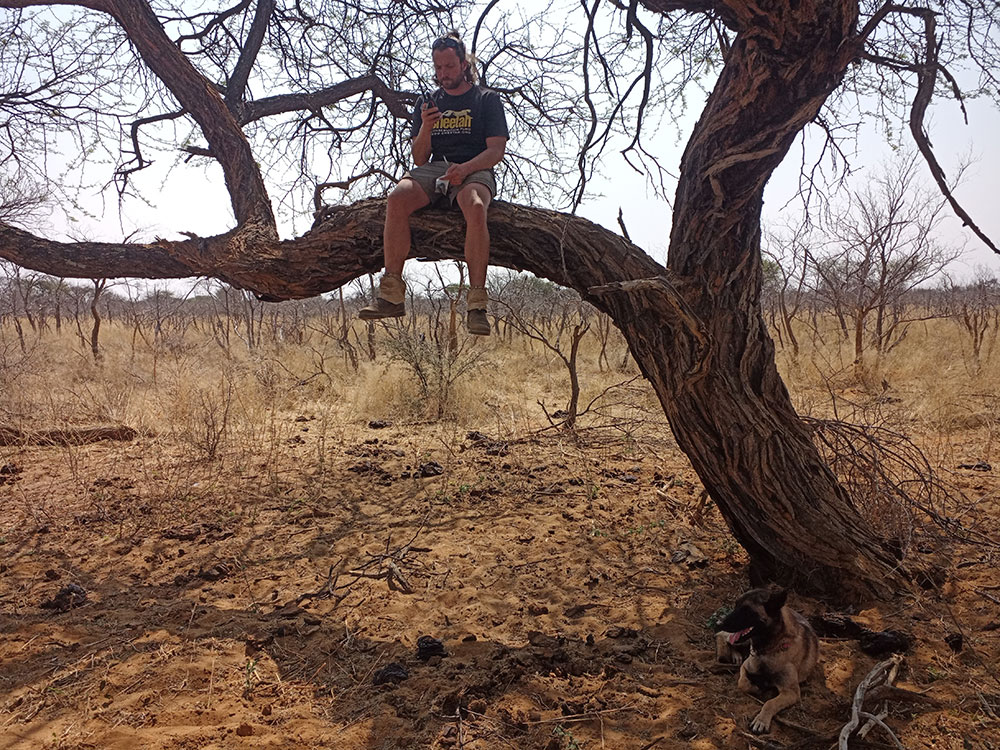
Will you help us train more scat dogs?
Due to the success of the scat dog programme, we are looking to expand it into new territories to help mitigate human-wildlife conflict. This includes three new conservancy areas in Namibia, all of which have been identified as human wildlife conflict hot spots.
Check out our Living With Cheetahs campaign to learn more about how you can support us.
Donate now to help us expand our scat dog programme and save cheetahs.
Related Reading
-
30 October 2024
Meet the Bandit Group: a crew of cheetahs aged 9 to 11 months

